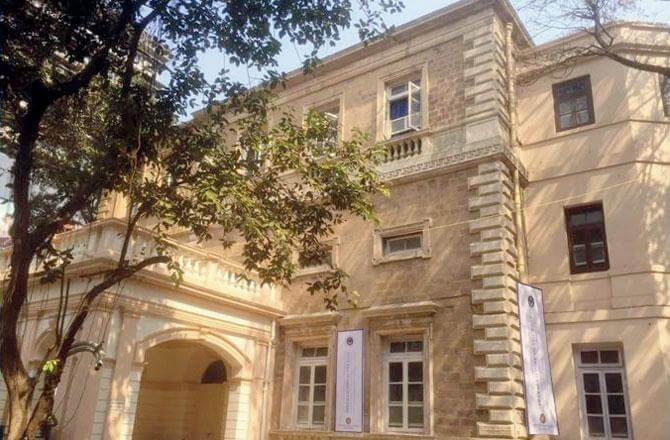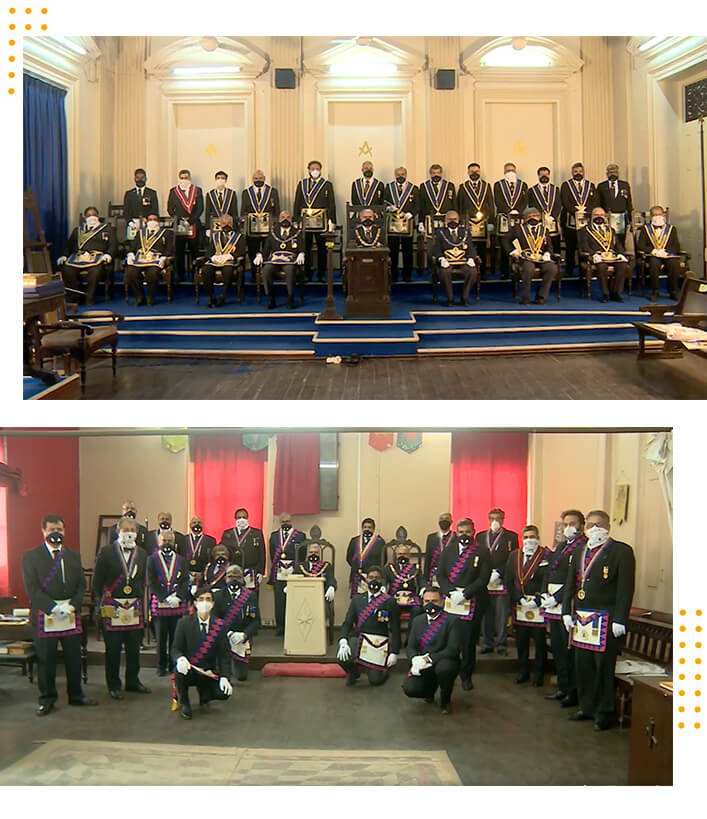In India


To begin with, membership was restricted only to expatriates, but over time all three Constitutions conferred membership to Indians as well, first to Royalty and Nobility, and later to the laity. The word “Constitution” as used in the Masonic context can be misleading. A Masonic Constitution should not be confused with the country’s National Constitution. It would be well to stress here that all Masons holding Indian citizenship owe their allegiance to the India’s National Constitution, irrespective of the Masonic Constitution they belong to.
In the early 1960’s, several Masons of all three Masonic Constitutions, got together to establish the Grand Lodge of India, headquartered in Delhi, and many eminent Indians and their Lodges chose to be affiliated with this newly formed Grand Lodge. All four Masonic Constitutions are currently operational in India, with the Grand Lodge of India having the largest membership.
English Freemasonry has traditionally divided its worldwide geographical reach into Provinces (within the UK) and Districts (outside the UK). For Masonic administrative purposes, the area of Masonic operations in India is divided into four Districts, viz. the Districts of Bengal, Madras, Bombay and Northern India. Each District has affiliated to it several Lodges in various locations throughout its geographical footprint. All four Districts have their respective District Grand Masters, their own Boards of Governance, their own set of By-laws, their own charity programs, etc. Though each District is essentially autonomous, all share a very close relationship with one another as well as with the three other Constitutions. Reciprocal inter-District and inter-Constitution visitations to one another’s events are a regular feature of Masonry in India; they help keep fraternal relations warm and the fraternity alive.
Dual membership between the English, Scottish and Irish Lodges further help to strengthen the already close bonds between them, which have existed since Masonry became active in India.
Privacy Overview
Necessary cookies are absolutely essential for the website to function properly. This category only includes cookies that ensures basic functionalities and security features of the website. These cookies do not store any personal information.
Any cookies that may not be particularly necessary for the website to function and is used specifically to collect user personal data via analytics, ads, other embedded contents are termed as non-necessary cookies. It is mandatory to procure user consent prior to running these cookies on your website.

